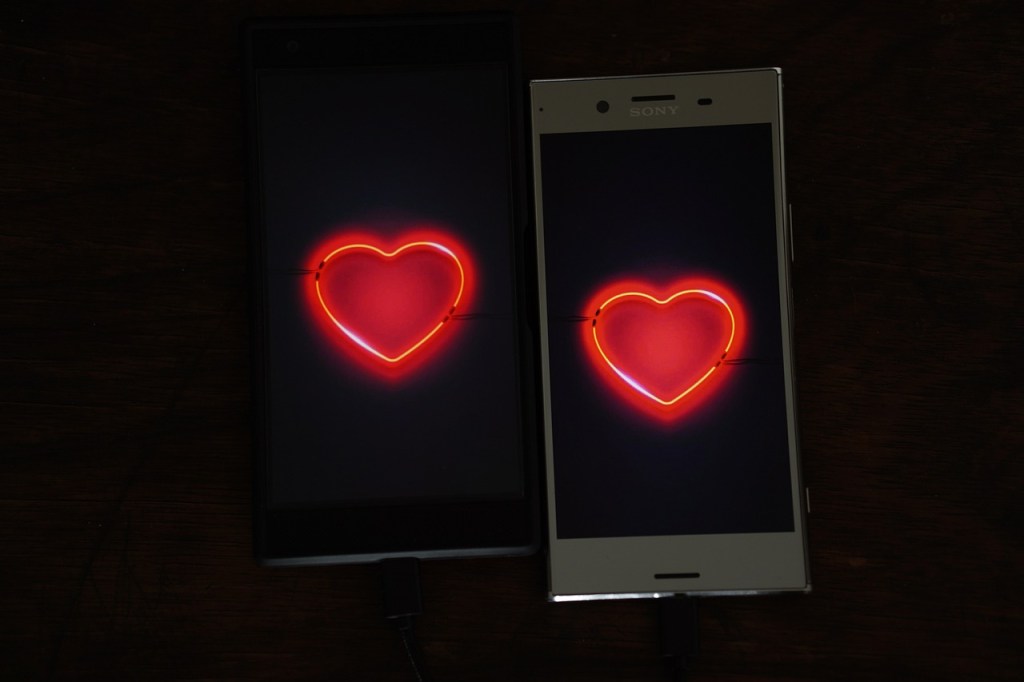
In Daniel J. Levitin’s The Organized Mind, he writes about ways we engage with our “social world,” noting a handful of ways the internet is changing those interactions.
While he concedes that matchmaking has been around for centuries, when turning his attention to dating and relationships Levitin observes:
The biggest change in dating between 2004 and 2014 was that one-third of all marriages in America began with online relationships, compared to a fraction of that in the decade before. Half of these marriages began on dating sites, the rest via social media, chat rooms, instant messages, and the like. In 1995, it was still so rare for a marriage to have begun online that newspapers would report it, breathlessly, as something weirdly futuristic and kind of freakish.
p. 130
I wonder: what are those numbers today? This 2017 study by a Stanford sociologist found that online dating is now the foremost way most U. S. couples meet. What has led to this immense shift? Levitin states, “This behavioral change isn’t so because the Internet itself or the dating options have changed; it’s because the population of Internet users has changed.”
In other words, the internet is where people live. Molly and I didn’t meet on the internet, but we became better friends because we corresponded via email and chatted on AOL.
Pros and Cons
Levitin concedes that “the Internet has helped some of us to become more social and to establish and maintain an larger number of relationships.” But that’s not all. “For others, particularly heavy Internet users who are introverted to begin with, the Internet has led them to become less socially involved, lonelier, and more likely to become depressed.”
When we’re online, we miss a lot of cues, a lot of signals that we learn to interpret and respond to as we build relationships with others. Maybe we’re adapting. But maybe not. How has this effected young people? Levitin writes, “Studies have shown a dramatic decline in empathy among college students, who apparently are far less likely to say that it is valuable to put oneself in the place of others or to try to understand their feelings. It is not just because they’re reading less literary fiction, it’s because they’re spending more time along under the illusion that they are being social.”
I’ve been debating and thinking about the effect of the web on human relationships for a while, making applications to the church. I don’t think the internet is going away, and I see a lot of positives. I wouldn’t be connecting with you right now if I hadn’t learned how to publish to the web.
But I also see the negatives. I think social media, on the whole, is toxic, a corrosive acid that eats away at the social fabric. Our dependence on the smart phone and our addiction to notifications keeps us in a constant state of shallow thinking and distraction. Face to face, in person relationships are richer. Conversations are better when phones are in another room, and not in the middle of the table or on top of the desk.
Discerning the Times
As I said, however, the internet isn’t going away, and our use of various web based tools is currently rewiring the human brain, redefining the boundaries of our relationships, and making connections possible that could not have happened in another age.
We need to understand what’s taking place right now, and offer wisdom that is applicable to our times. Awareness of ways the internet is changing us is step one.
